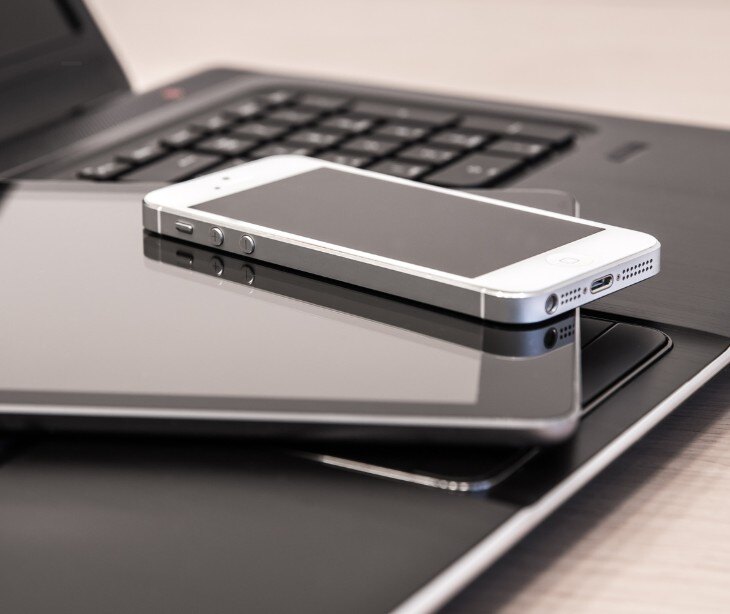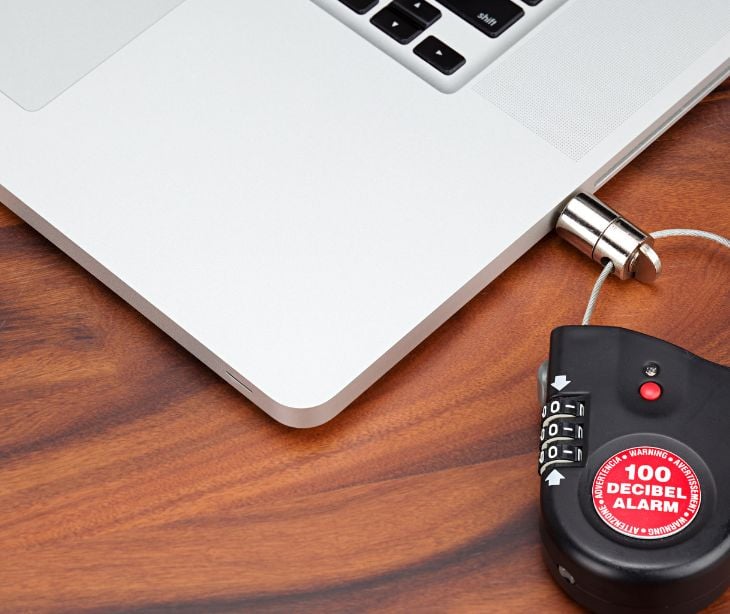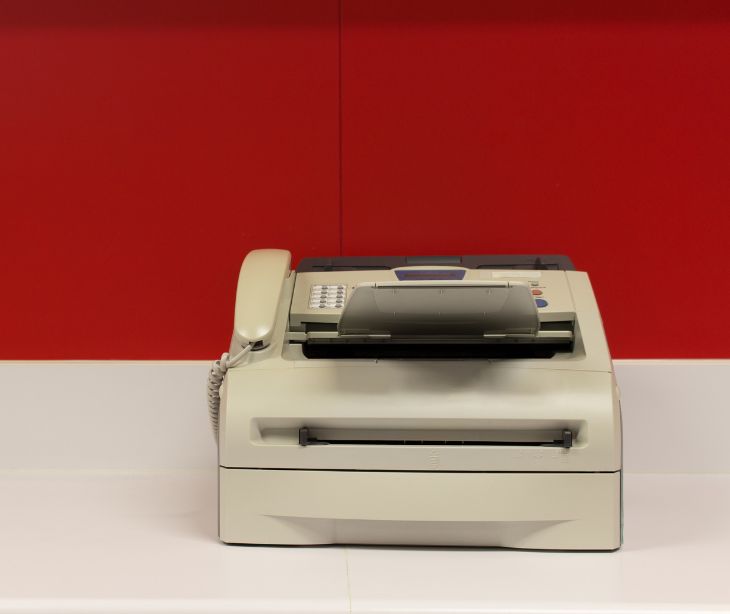
Bring-your-own-device (BYOD) work environments still require effective HIPAA compliance, which can be done by implementing effective data separation policies. Policies may include creating distinct profiles or containers for work-related data, managing applications to ensure personal and work-related information don’t overlap, enforcing network access controls, and applying strong encryption to safeguard protected health information (PHI).
HIPAA requirements and data separation
The U.S. Department of Health and Human Services (HHS) states the Security Rule “requires covered entities to maintain reasonable and appropriate administrative, technical, and physical safeguards for protecting e-PHI,” including access controls, encryption, and maintaining the confidentiality and integrity of electronic PHI.
When employees bring their own devices, they may have to balance their professional and personal lives. Effective data separation helps protect sensitive patient information by ensuring the personal use of devices does not compromise the confidentiality or integrity of electronic PHI.
Organizations should establish clear policies that address data separation, including protocols for managing work-related and personal data.
Implementing data separation in BYOD policies
- Data segregation techniques: Options to keep personal and work data separate include creating distinct user profiles or containers on the device specifically for work-related information. For instance, mobile device management (MDM) solutions can facilitate separation by creating secure containers for ePHI while allowing personal use.
- Application management and segregation: Use dedicated applications for work-related tasks and manage personal and work apps separately to safeguard PHI, reducing the risk of data overlap and ensuring PHI is accessed only through approved applications.
- Network access control: Restrict access to healthcare systems and networks to authorized apps and data only. Access can be restricted by configuring network policies that limit connections to secure, work-approved apps and services, minimizing the risk of unauthorized access.
- Encryption and security: Work-related data should be encrypted during transmission and storage. Encryption safeguards PHI from unauthorized access, even if the device is compromised. Implementing strong encryption protocols helps meet HIPAA’s security requirements and protects sensitive patient information.
- Remote wipe capabilities: Establish remote wipe functionality to protect PHI if a device is lost or stolen, ensuring sensitive information does not fall into the wrong hands while leaving personal data intact.
Related: HIPAA Compliant Email: The Definitive Guide.
Best practices for data separation in BYOD policies
- Develop a data separation policy: The policy should outline how personal and work data will be separated, encryption requirements, and guidelines for use. Clearly defined policies help create consistency and compliance across the organization.
- Employee training: Educate employees on the importance of data separation and their role in maintaining HIPAA compliance. Training should cover best practices for using personal devices for work, including management of work-related data.
- Regular audits and risk assessments: Conduct regular audits and risk assessments to evaluate the effectiveness of data separation practices. Periodic reviews help identify potential vulnerabilities and areas for improvement, allowing organizations to adjust policies and technical measures as needed.
FAQs
What is the role of biometric authentication in securing BYOD devices for HIPAA compliance?
Biometric authentication, such as fingerprint or facial recognition, adds an extra layer of security by allowing only authorized users access to a device.
What are the benefits of using a Virtual Private Network (VPN) with BYOD devices in healthcare?
Using a VPN with BYOD devices encrypts internet traffic and secures connections to healthcare networks, protecting PHI from potential interception or unauthorized access while the device is remotely used.
Related: What is a virtual private network (VPN)?
How can organizations effectively manage and enforce data separation on different BYOD devices and operating systems?
Organizations can effectively manage and enforce data separation by adopting cross-platform MDM solutions that support various operating systems and devices. These solutions provide centralized control, allowing for consistent application of data separation policies across different device types and environments.
Subscribe to Paubox Weekly
Every Friday we'll bring you the most important news from Paubox. Our aim is to make you smarter, faster.




